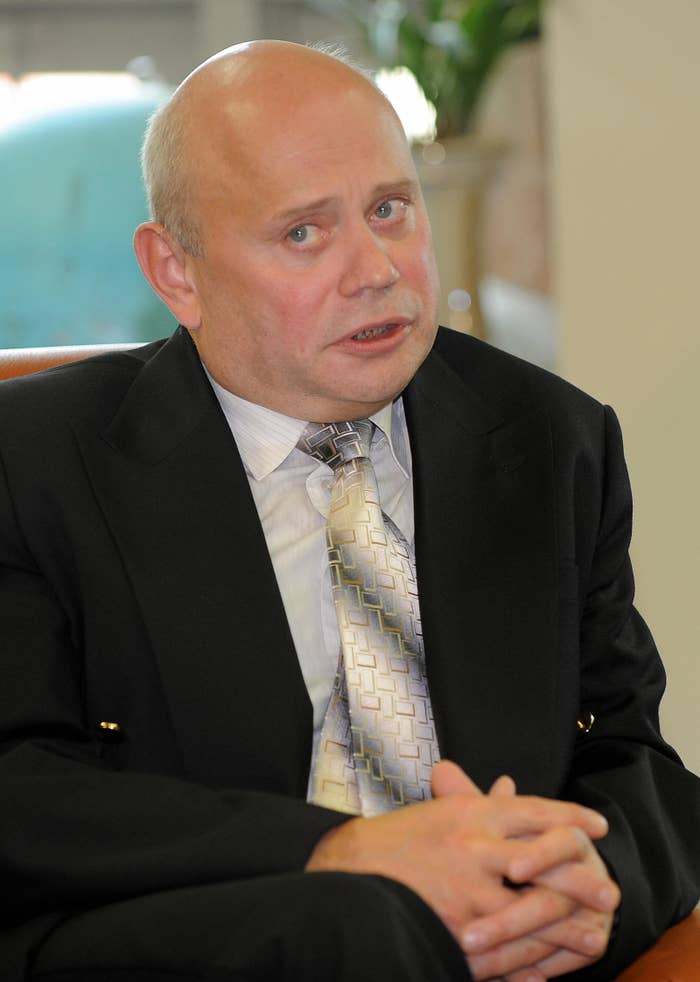
Russia's ambassador to Australia, Grigory Logvinov, has accused the British government of "failing" in its past investigations into deaths that were linked to Russia, and covering its findings with a "fig leaf of classification".
The poisoning of former Russian spy Sergei Skripal and his daughter on British soil on March 4 has triggered an escalating series of diplomatic rebukes from the British and Russian governments.
On Wednesday British prime minister Theresa May expelled 23 Russian diplomats, and said there was "no alternative conclusion other than that the Russian state was culpable for the attempted murder".
The events were preceded by a major BuzzFeed News investigation last year, that revealed there were 14 suspicious deaths believed by US intelligence agencies to be linked to the Russian state, but that the British police shut down every case.
The cause and nature of these deaths is now under review by police and MI5, according to the British home secretary.
Russian diplomatic and political officers have been speaking out against the British government following the revelations about Skripal.
On Wednesday the Russian ambassador to Australia, Grigory Logvinov, published a lengthy and at times contradictory defence of his country's affairs. The statement also criticised an editorial by Rupert Murdoch's newspaper The Australian, accusing it of engaging in "Orwell's doublethink".
Logvinov referenced the British government's past investigations into three of the earlier deaths alleged to be linked to the Russian state, as revealed by BuzzFeed News.
He wrote: "Let’s recall, what was the result of the investigation of mysterious deaths on British soil of abovementioned Aleksander Litvinenko, Boris Berezovskiy and Alexander Pereplichniy? Nothing".
"The failure of the investigation, that was covered with a fig leaf of «classification». It is safe to bat [sic] that this time might be the same outcome."
Logvinov appears to be suggesting that the current investigation into Skripal is likely to lead to an outcome similar to Britain's earlier conclusions — that the deaths could not be linked to the Russian state. It is unclear why he describes these earlier investigations as "failures".
"Russia is ready to help in the investigation of S.Skripal’s case, but as an equal partner, not as questioned and moreover 'nominated' defendant. It is surprising that [the] history of [the] 20th and the early 21st century hasn’t taught some persons that it is impossible to speak to Russia on the language of ultimatums."
The British government's move to expel Russian diplomatic staff has triggered strident responses from the Russian government. The Russian foreign ministry wrote in a statement: "Any threats to take 'sanctions' against Russia will not be left without a response .. .The British side should understand that."
Australia's foreign minister Julie Bishop has supported the British government in seeking an explanation from Russia.
"We understand that the substance used in this attempted assassination was a military grade nerve gas that has been developed in the past by Russia," Bishop said. "So Russia has an explanation that it must give."
